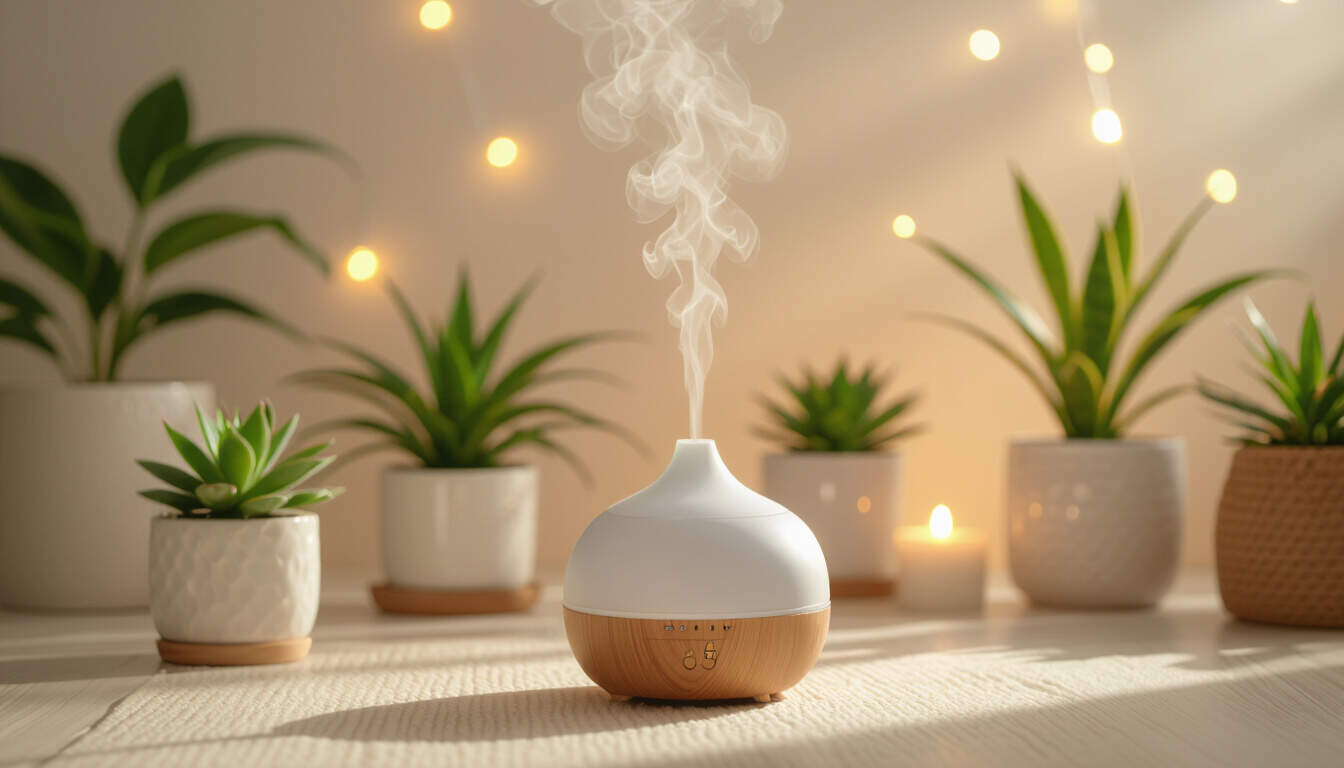Calm Aromatherapy for a Simpler Life
 by Lilian Nienow
by Lilian Nienow
Discover how calm aromatherapy can simplify daily routines and foster inner peace for busy professionals. Learn practical ways to use essential oils for relaxation and balance, creating a serene environment in your everyday life.

In daily life, many seek ways to reduce clutter and find peace. Aromatherapy offers a gentle path to this simplicity. It involves using essential oils from plants to create a soothing atmosphere.
One key aspect is how aromatherapy helps with relaxation. For busy professionals, a few drops of lavender oil can ease tension after a long day. This practice fits into a minimalist lifestyle by focusing on essentials.
Essential oils like lavender and chamomile provide natural calm. They come from simple sources such as flowers and herbs. Using them means choosing items that serve multiple purposes.
To start, select a basic diffuser. Place it in a quiet corner of your home. Add a few drops of oil and let the scent fill the air. This method keeps things straightforward and effective.
Benefits for Everyday Individuals
Aromatherapy brings clear advantages. It supports mental clarity and reduces stress. For those with packed schedules, even a short session can make a difference.
The scent of eucalyptus can clear the mind during work breaks. Calm becomes achievable without complex routines. People often report better sleep and focus after regular use.
In a minimalist approach, limit your collection to a few oils. This avoids excess and promotes intentional living. Choose based on your needs, like peppermint for energy or frankincense for meditation.
Practical Tips for Integration
Begin with small steps. Set aside five minutes each evening for aromatherapy. Use a simple bottle of oil instead of elaborate setups.
Create a dedicated space in your home. Keep it free from distractions, with just a diffuser and perhaps a plant. This setup encourages mindfulness without overwhelming the senses.
For professionals, incorporate it into your morning routine. Apply a diluted oil to your wrists before starting the day. It acts as a subtle reminder to stay present.
Over time, these habits build a balanced lifestyle. Aromatherapy complements other simple practices, like decluttering your workspace or prioritizing tasks.
Building Lasting Habits
Consistency is important. Use aromatherapy a few times a week to maintain its effects. Track how it influences your mood and energy levels.
Share the experience with family or friends. A group activity, like diffusing oils during a quiet gathering, can enhance connections without added complications.
Remember, the goal is simplicity. Avoid accumulating too many products. Stick to what works and let go of the rest.
In closing, aromatherapy stands as a reliable tool for calm. It aligns with minimalist values by offering peace through minimal effort. By embracing this, individuals can cultivate a more serene existence.
For further exploration, experiment with different oils. Always use them safely, such as diluting with carriers like jojoba oil. This ensures a positive and sustainable practice.
